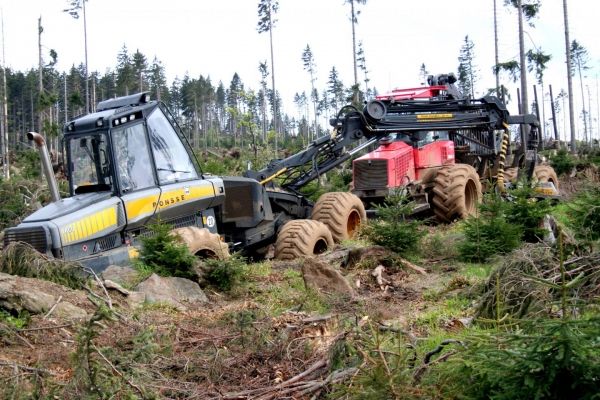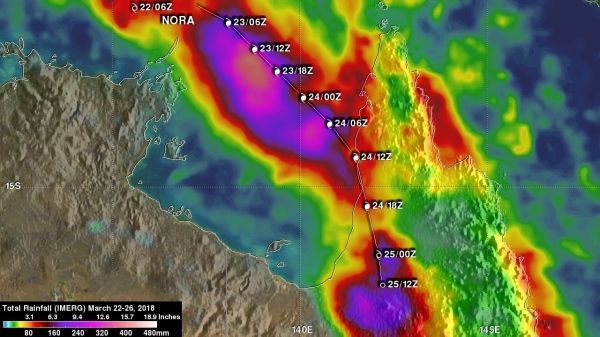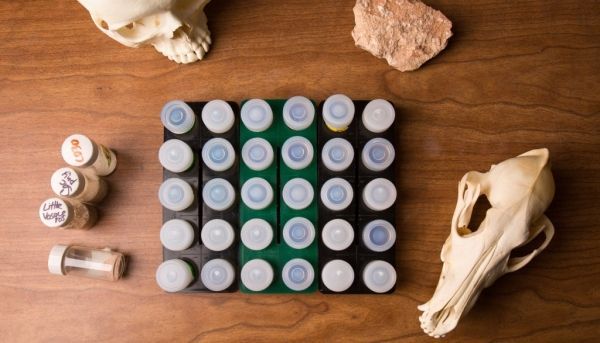
Białowieża Forest in Eastern Poland is one of the last remaining primeval forests in Europe. For the time being. In 2017, the Polish government had 100,000 more trees logged than previously, despite the fact that large areas of the Natural World Heritage site are under strict protection. They did this under the pretense of preventing the bark beetle from spreading further. The motor saws are quiet now after protests from environmental activists, Europe-wide criticism in the media and concerns by the European Commission. The case has been handed to the European Court and the minister of the environment was sacked.
>> Read the Full Article
The U.S. should take bold steps to improve measurement, monitoring, and inventories of methane emissions caused by human activities, says a new report from the National Academies of Sciences, Engineering, and Medicine. Better data on methane—a greenhouse gas that contributes to air pollution and threatens public and worker safety—would help inform decisions related to climate, economics, and human health.
>> Read the Full Article

A University of Oklahoma research study, led by Professor Xiangming Xiao, reveals the divergent trends of open surface water bodies in the contiguous United States from 1984 to 2016, specifically, a decreasing trend in the water-poor states and an increasing trend in the water-rich states. Surface water resources are critical for public water supply, industry, agriculture, biodiversity and ecosystem services.
>> Read the Full Article

NASA used satellite data to calculate the heavy rainfall created by Tropical Cyclone Nora as it came ashore in northwestern Queensland on March 24, 2018.
Nora reached peak intensity of 95 knots (109 mph) was reached when it was moving through the central northern Gulf of Carpentaria. Winds had decreased slightly to 90 knots (104 mph) by landfall. The Australian Bureau of Meteorology (BOM) reported that Nora produced over 110 mm (4.3 inches) of rain in 24 hours.
>> Read the Full Article

Police detectives analyze isotopes in human hair to find out where a murder victim was born and grew up. Researchers from the Smithsonian Tropical Research Institute in Panama, the University of Florida and the University of Arizona combined clues from carbon, nitrogen, oxygen and strontium isotope analysis discovering the earliest evidence that the Maya raised and traded dogs and other animals, probably for ceremonial use.
>> Read the Full Article

 ENN
Environmental News Network -- Know Your Environment
ENN
Environmental News Network -- Know Your Environment